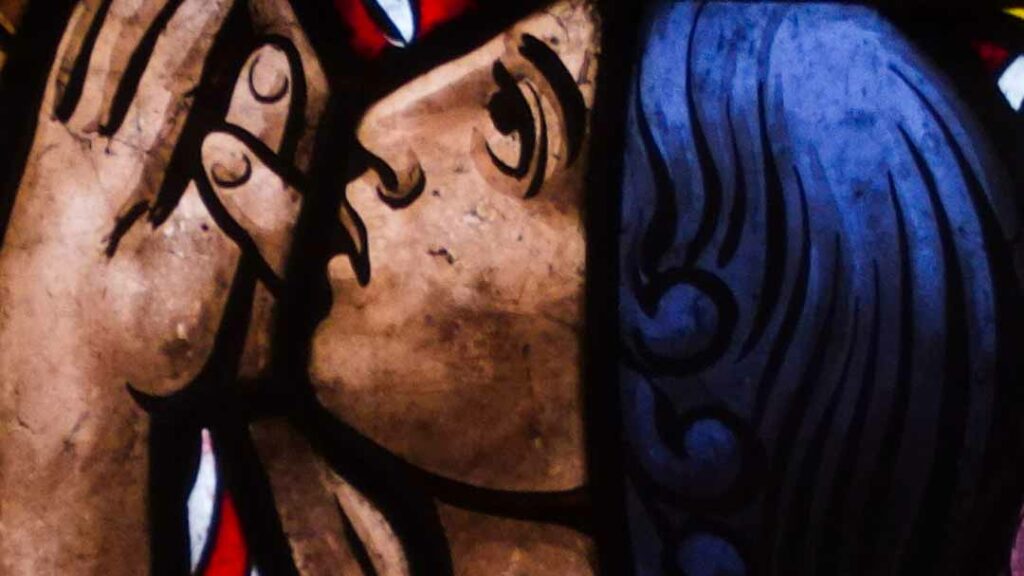In his synthetic book Le purgatoire dans tous ses états (EdB), Don Paul Denizot rehabilitates purgatory, that space-time where, the Church tells us, many of us will be working towards their salvation. Why has purgatory been scorned? Why does it exist? In Chronique du purgatoire #1, a program produced by Guillaume Desanges for RCF, the author answers those questions.
Why has purgatory been scorned?
Purgatory has, especially in secularized Europe, been polluted by the romanticism and spiritualism of the XIXᵉ century. This is not the case in Africa, South America and the United States, where faith in prayer for souls in purgatory is still very much alive. It is therefore necessary to correct misconceptions about purgatory and to say that it is good news.
This is good news, because the corollary of purgatory, emphasized by Don Paul Préaux in the book’s preface, is the meaning of sin and its consequences for us and for others. Its existence highlights the fact that all our actions contribute to the construction of our history.
Purgatory also reminds us that Christ’s gaze at the particular judgment is not an instantaneous shower, but a gaze that gradually transforms the departed soul.
Why does purgatory exist?
Without purgatory, something would be missing from the Christian faith. Purgatory is mercy, but it’s also justice. The two linked together enable the inner transformation of the soul. In purgatory, it’s God’s time and patience that takes the time to prepare us.
What isn’t purgatory?
It’s not hell, it’s not loneliness, it’s not darkness, it’s not God’s vengeance on the sinner, it’s not a place of weeping and gnashing of teeth. Purgatory, on the other hand, is a time of joy and suffering, of inner transformation. It’s a purification and it’s also the intercession of the living for the dead.




